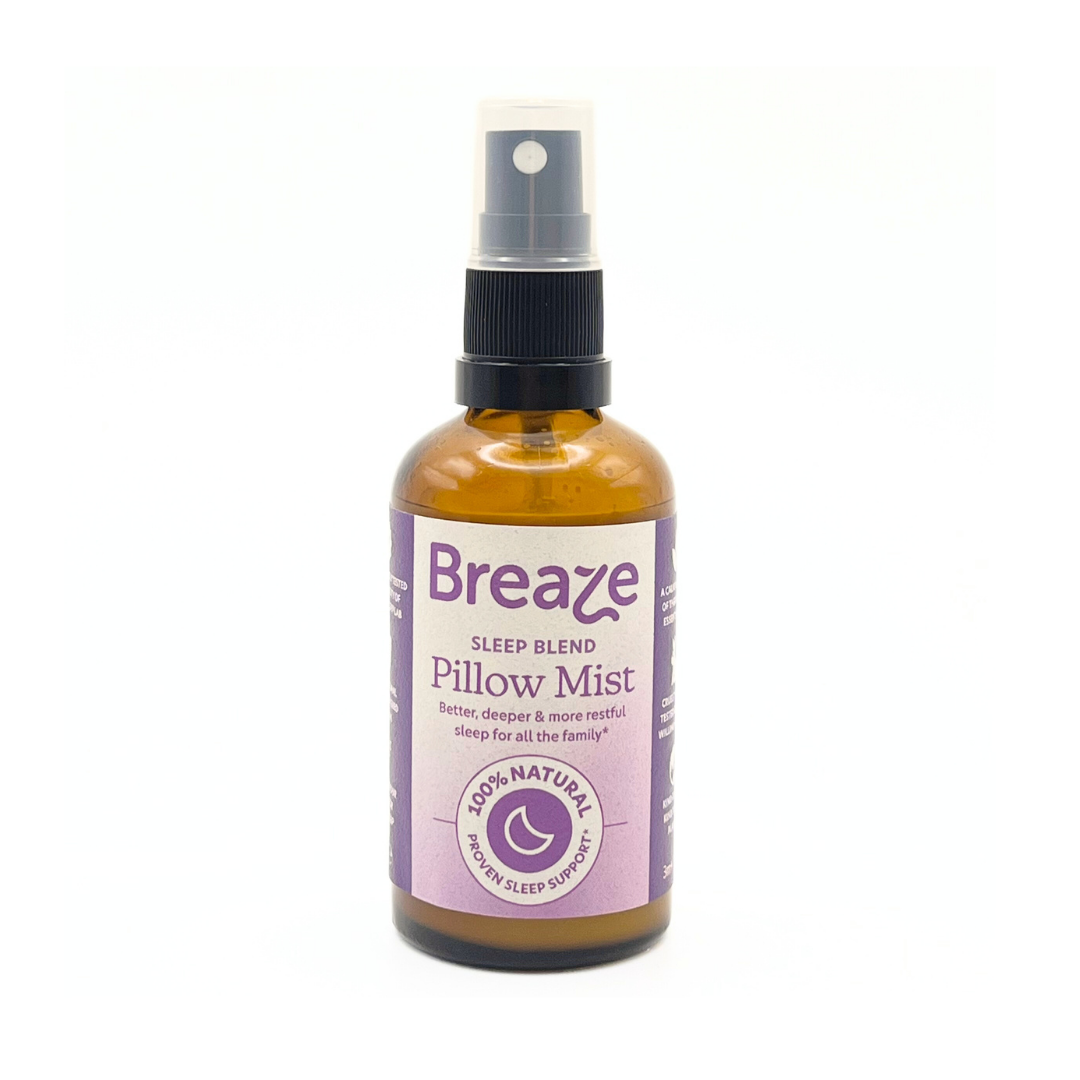The Power Nap Revolution: Why Smart Women Are Embracing Their Need for Rest
Feeling guilty about wanting to nap? Science says it's time to stop.
Let's be honest – juggling careers, families, ageing parents, and everything in between, we're exhausted. We're running on caffeine and willpower, pushing through that post-lunch energy crash, and feeling guilty every time we even think about lying down during the day.
But what if I told you that some of history's greatest minds – including Einstein himself – swore by daily naps? And what if the latest research shows that strategic napping could be your secret weapon against brain fog, memory lapses, and the relentless fatigue that seems to come with our busy lives?
Why We Need to Stop Apologising for Being Tired
In our productivity-obsessed culture, admitting you need rest feels like admitting defeat. We've been conditioned to believe that daytime sleeping equals laziness. But here's what nobody talks about: our bodies are literally designed for a midday energy dip. It's not weakness - it's biology.
Einstein understood this. He took daily power naps and credited them with enhancing his creativity and problem-solving abilities. If it's good enough for the man who gave us the theory of relativity, it's certainly good enough for us.
The Science That Will Change How You Think About Napping
A groundbreaking analysis of over 60 published studies* has revealed something remarkable: strategic power naps aren't just restful – they're restorative in ways that could transform your daily life and long-term health.

Your Brain on Naps: The Cognitive Benefits
Remember when you could remember everything? When your mind felt sharp and focused? Those days don't have to be behind you. Research shows that brief 5-20 minute naps can:
· Boost memory retention and retrieval by 10%
· Improve reaction times by 5-10%
· Enhance focus and concentration for 2-3 hours afterwards
But here's the most exciting part: for women concerned about cognitive ageing (and let's face it, who isn't?), regular napping appears to offer significant protection. A study of 3,000 older adults found that those who napped 5-7 times per week experienced almost half the cognitive decline of non-nappers.
Even more impressive? MRI scans revealed that regular nappers had prefrontal cortex volumes that were 4.7% larger than non-nappers. Since reduced brain volume is linked to dementia risk, this suggests that your afternoon snooze might be one of the best investments in your future cognitive health.
Your Heart Will Thank You
Between work stress, family responsibilities, and hormonal changes, our cardiovascular systems are under constant pressure. Here's some relief: a massive study of 250,000 people found that occasional napping was linked to a 12% decrease in heart disease mortality. Your heart needs rest just as much as your mind does.
The Athletic Edge (Yes, Even for Weekend Warriors)
Whether you're hitting the gym, chasing kids at the park, or finally training for that 5K, napping can boost your physical performance too. Research on female tennis players showed that those who napped at 1 PM had 13% better serving accuracy compared to other nap times. Your body's peak performance window aligns perfectly with your natural energy dip.
The Perfect Power Nap Formula
The secret to effective napping isn't just about closing your eyes – it's about timing, duration, and technique. Here's your step-by-step guide:
Timing is Everything
· Sweet spot: Between 1-3 PM (right after lunch when your energy naturally dips)
· Duration: 10-20 minutes maximum (any longer and you'll wake up groggy)
· Frequency: 2-3 times per week for optimal benefits
Creating Your Nap Sanctuary
Transform any space into a restful retreat:
· Darken the room: Even a scarf over your eyes works wonders
· Block the noise: Earplugs, white noise, or even a fan can help
· Get comfortable: Your couch, a yoga mat, or even your car can work
The "Coffee Nap" Game-Changer
This might sound counterintuitive, but try this: drink a cup of coffee right before your nap. Since caffeine takes about 20 minutes to kick in, you'll wake up naturally refreshed and energised. It's like having a built-in alarm clock that also provides a gentle energy boost.

Making Napping Work in Real Life
"But I don't have time!" I hear you. Between work meetings, school pickups, and dinner prep, finding 20 minutes feels impossible. Here are some realistic strategies:
For working women: Use your lunch break. Even 15 minutes in your car can make a difference.
For busy moms: Nap when the kids nap (yes, even if they're teenagers having quiet time).
For caregivers: Take turns with family members or friends – everyone deserves rest.
For perfectionists: Remember that rest isn't earned, it's required. Your productivity will actually improve.
Your Permission Slip to Rest
Consider this your official permission to prioritise rest without guilt. Your body isn't asking for luxury - it's asking for what it needs to function optimally. Every time you honour that need, you're investing in your energy, your health, your relationships, and your future.
The women who thrive aren't the ones who push through exhaustion - they're the ones who listen to their bodies and respond with compassion. Your power nap isn't a sign of weakness; it's a sign of wisdom.
Start Today: Your 7-Day Nap Challenge
Ready to transform your relationship with rest? Try this gentle introduction:
· Days 1-2: Practice the environment setup without pressure to sleep
· Days 3-4: Add in 10-minute rest periods between 1-3 PM
· Days 5-7: Aim for 2-3 actual power naps using all the techniques
Remember, mastering the power nap is a skill. Be patient with yourself as you learn what works for your body and schedule.
Your future self – more energized, focused, and resilient – will thank you for starting today.


